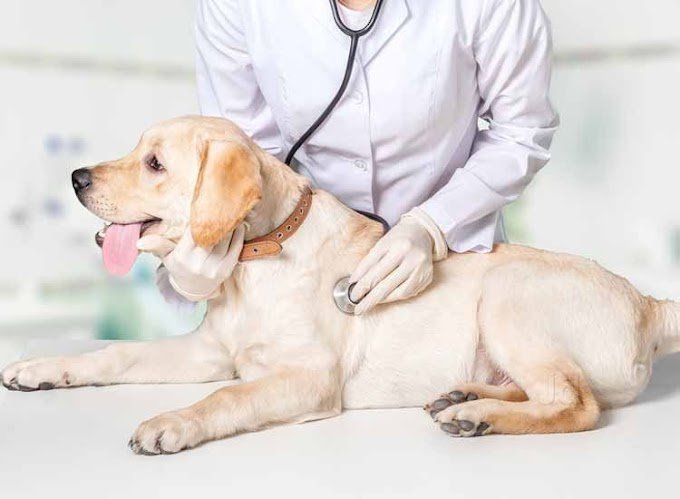Table of Contents
Are you looking to become a veterinarian? You have a lot to consider, from the courses and accreditations to daily routines and insurance. The veterinarian field has many career options and comes with various risks that need proactive mitigation. Whether you’re studying or are nearing your graduation, you should consider aspects like disability insurance for veterinarians. Here are eight factors to keep in mind about the field:
1. You Can Get Sick or Injured Anytime
The daily activities of a veterinarian leave them exposed to injury and illnesses from different causes. Vets work outdoors with live animals and interact with the same bacteria, viruses, pests, and pathogens found in the animals. Infections, flues, stomach upsets, and digestive issues are common. Animals move, bite, sting, kick, or stamp, which increases the risk of injuries. Chasing them down in swamped off-road locations leaves vets more susceptible to tripping/falling.
Read Also: What Makes a Good Facial Cleanser for Dead Skin
2. Interacting with People Is Part of the Job
A veterinarian should be prepared to interact with people as social interactions are part of the job. You’ll spend more time communicating with the animal owners than their pets, so you should invest in your communication skills. The vet and the owner communicate any information concerning the pet’s medical history, diagnosis, treatment, and care. You should be mindful of all conversations to avoid missing or saying anything that might leave your practice liable.
3. A Lot of Learning Is Involved in Becoming a Vet
Becoming a veterinarian takes years of classroom study and practice. You must be prepared and committed to assimilating an incredible amount of information for the course. Pet owners expect you to understand animal symptoms, distress signs, diagnostic testing, and clinical skills. Veterinarians need a good foundation in biology and must keep up with the latest developments in their fields. You should be business savvy and proactive.
4. You Have More Career Options to Choose From
Vet students have more career options than the primary types of veterinary professions. You can choose specialties that align with your interest. Popular options include animal welfare, clinical pharmacology, ophthalmology, equine practice, preventative medicine, and emergency and critical care. You can pursue laboratory animal medicine, and your career may evolve regardless of how long you’ve spent as a vet. Many vets choose to open a private practice.
5. You May Face Lawsuits from Some Pet Owners
Veterinarians usually forge long-term relationships with their clients, but not all interactions end well. You’ll be liable if you cause damages due to negligence and misdemeanor. Vets who choose private practice are more exposed to litigations if something goes wrong. Clients can sue for lost animals, complications, and illnesses linked to their negligence or wrongdoing. Vets should review potential risks and find the best mitigation.
6. You Need Disability Insurance for Veterinarians
As a veterinarian, you have an increased risk of injury and sickness. Temporary and permanent disabilities can happen anywhere, anytime, but vets are highly exposed. You can trip and fall or catch a cold that keeps you from working for several days or weeks. Purchasing insurance premiums can help you cover your income in case of such incidents. You can receive a portion of your daily income until you’re ready to return to work.
7. Most Workdays Involve Improvising on the Go
Experienced veterinarians understand that nothing goes as planned when dealing with animals. You should be ready for the unexpected, as even standard equipment can spook the animal. Some pets are anxious around unfamiliar faces. If you thrive on strict schedules and plans, you should consider specialties that don’t involve direct interactions with the animals. Most working days involve improvising and adjusting on the go to meet client needs.
8. Your Top Priority Is the Animal, Not the Owner
Pet owners can have selective hearing or ask for illegal things like controlled substances without a physical exam. Some get emotional, and others may struggle with mental health. You should always pay attention to all clients and resist judging them harshly. Vets aren’t obligated to do whatever the client wants. Your priority is the animal’s health and well-being. If a client asks you to compromise morals or go against your best judgment, move on to the next job.
Protecting Your Income and Practice as a Vet
Taking disability insurance for veterinarians is one way to protect your income and practice. The insurance will pay for your income if you become sick or get an injury that keeps you from working. Some policies cover permanent disability and feature add-ons to protect your income in various situations. You should consider other policies to cover lawsuits and litigations raised by pet owners and other partners like workers, vendors, and suppliers.

